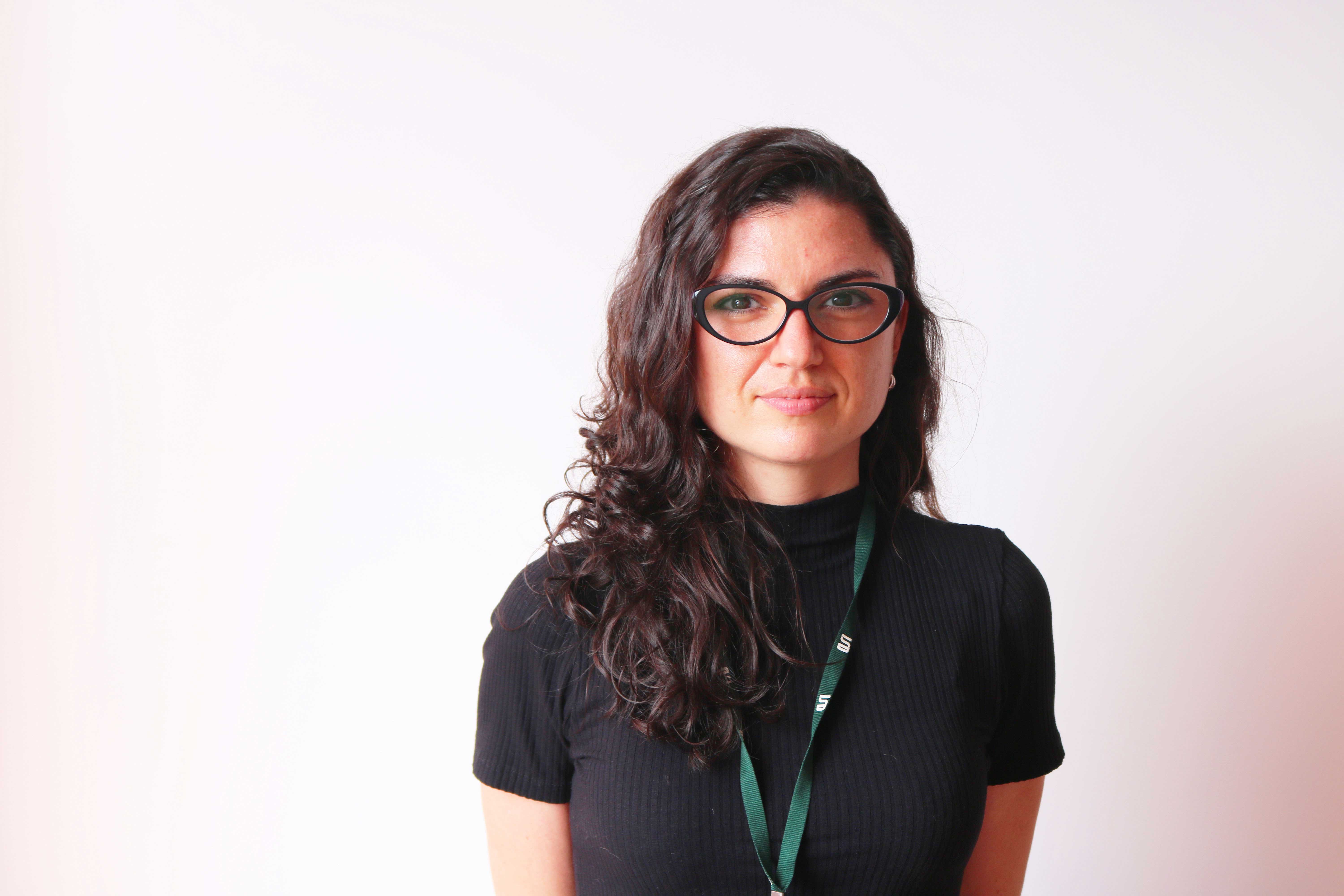Heading the Memory Research Lab at the Santos Dumont Institute (ISD), in Macaíba, professor-researcher Carolina Gonzalez was the winner of the international award given to researchers at the beginning of their careers by the International Brain Research Organization (IBRO ), a global entity that brings together neuroscientists to promote and support research in the area. The Early Career Award, an award won by the researcher, accepts competitors from all over the world, and aims to offer financial support to independent laboratories created over the last five years.
Born in Buenos Aires, Argentina, where she began studying memory in 2009, Carolina Gonzalez arrived in the Brazilian state of Rio Grande do Norte in 2015, through the Science Without Borders program. From then on, he began to develop research at the Memory Research Lab at the Brain Institute of the Federal University of Rio Grande do Norte (UFRN), where he completed his post-doctorate. Since 2019, she has worked as a professor and researcher at the Edmond and Lily Safra International Institute of Neuroscience (IIN-ELS), where she continues to develop studies on the functioning of memory.
With the prize, worth 5 thousand euros, the researcher hopes to finance the purchase of inputs and equipment to continue research that seeks to understand the role of dopamine, a neurotransmitter responsible for the brain's detection of novelties, in the acquisition of new knowledge that will be related to previously existing ones. “When remembering, when retrieving a memory, it can become susceptible to modifications. We are focused on understanding this process: how memories can be updated and gain or lose information”, explains Carolina.
According to the researcher, understanding how memory is stored under physiological conditions will allow us to better understand how the brain's learning process works. “Understanding how memory is stored under physiological conditions will allow us to better understand how the brain works and how we learn new things, but it can also help us to better understand certain pathologies. Memory loss is one of the main deficits detected in Alzheimer's disease, for example, so understanding this process can help in the future to develop drugs and treatments for this disease”, he highlights.
Who
Maria Carolina Gonzalez holds a degree in Biotechnology with an emphasis on Cellular and Molecular Biology from the National University of Quilmes (Argentina), a PhD in Physiology from the Faculty of Medicine of the University of Buenos Aires (Argentina) and a Post-Doctorate from the Federal University of Rio Grande do Norte (UFRN) . He has experience in the areas of neurophysiology and neuropsychopharmacology, studying the mechanisms of formation and expression of memories through behavioral, biochemical, pharmacological and electrophysiological approaches.
Text: Mariana Ceci / Ascom – ISD
Photograph: Mariana Ceci / Ascom – ISD
Communication Office
comunicacao@isd.org.br
(84) 99416-1880
Santos Dumont Institute (ISD)
It is a Social Organization linked to the Ministry of Education (MEC) and includes the Edmond and Lily Safra International Institute of Neurosciences and the Anita Garibaldi Health Education and Research Center, both in Macaíba. ISD's mission is to promote education for life, forming citizens through integrated teaching, research and extension actions, in addition to contributing to a fairer and more humane transformation of Brazilian social reality.













